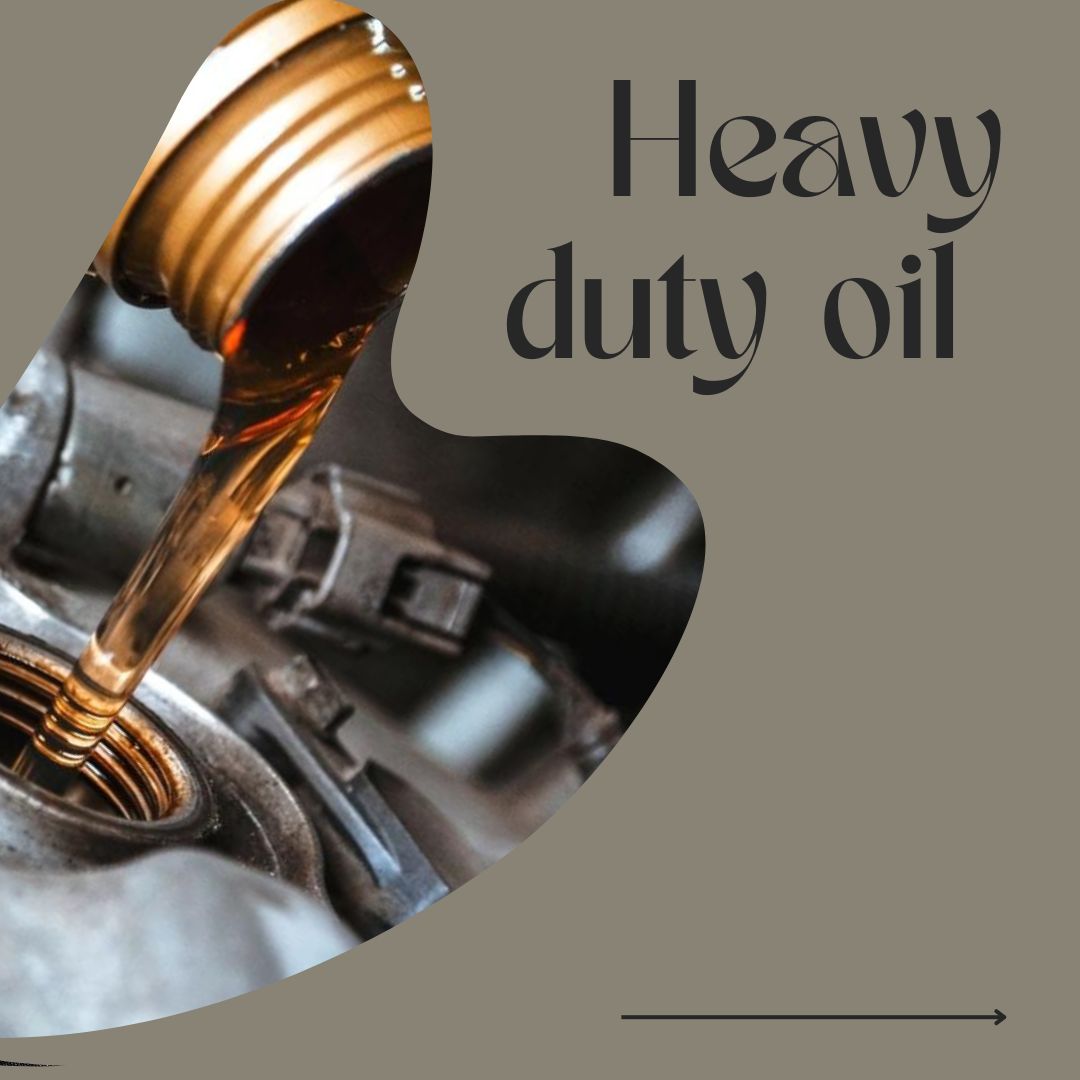In the world of trucking and heavy machinery, the performance and longevity of diesel engines are critical. The heart of these machines lies not just in their complex mechanical systems but also in the fluids used to maintain them. Among these, engine oil plays a pivotal role, particularly heavy-duty oil, which has gained prominence for its remarkable properties tailored for the specific demands of diesel engines.
Understanding Diesel Engines
Diesel engines are favored in many applications, from construction equipment to transport trucks, because of their efficiency and durability. They operate at higher temperatures and pressures than their gasoline counterparts. As a result, these engines produce a lot of heat and wear, necessitating a global standard of maintenance that includes regular oil changes, high-quality filters, and most importantly, premium lubricants.
The Role of Premium Engine Oil
One of the key aspects of maintaining a strong running diesel engine is the type of oil used. Engine oil is not just a lubricant; it also serves several essential functions, including:
1. Lubrication: Oil reduces friction between moving parts, thus minimizing wear and tear.
2. Cooling: It helps in dissipating heat produced in the engine, regulating temperatures.
3. Cleaning: Engine oil contains detergents and dispersants that help clean deposits and sludge, keeping the engine components clean.
4. Corrosion Protection: Vital additives protect metal parts from rust and oxidation.
A heavy-duty oil is specifically formulated to meet the rigorous demands placed on diesel engines, often containing advanced additives and synthetic formulations that enhance performance.
Advantages of Heavy-Duty Oil
1.Extended Oil Change Intervals: Because of its superior formulation, heavy-duty oil allows for longer intervals between oil changes. This not only saves time and effort but also minimizes downtime for vehicles and machinery.
2. Better High-Temperature Performance: Diesel engines can generate substantial heat, especially under load. Heavy-duty oils are designed to maintain their viscosity at elevated temperatures, providing reliable protection and performance in extreme conditions.
3. Enhanced Wear Protection: With heavy-duty oils, the advanced additives form a protective layer on engine components, significantly reducing friction-related wear. This is particularly crucial for diesel engines, where the tolerance between moving parts is often tighter.
4. Improved Fuel Efficiency: Optimal lubrication can lead to enhanced fuel economy. Heavy-duty oil helps maintain engine efficiency by reducing drag, which means better fuel consumption and cost savings over time.
5. Environmental Resistance: Many synthetic options for heavy-duty oil contain additives that resist oxidation and thermal breakdown; this means the oil can endure longer in adverse conditions, resulting in a cleaner engine and lower emissions.
Choosing the Right Heavy-Duty Oil
The selection of oil should be based on factors such as engine type, manufacturer recommendations, and environmental conditions. Not all heavy-duty oils are created equal, and understanding the benefits of sinthetic versus conventional oils can significantly impact engine performance.
1. Synthetic Oils: These are chemically engineered to provide superior performance under extreme conditions. They offer excellent flow properties at low temperatures, protecting the engine during cold starts, and maintain stability at high temperatures.
2. Conventional Oils: While cheaper, they may not provide the same level of performance or protection as their synthetic counterparts. They can work well for less demanding applications but often require more frequent changes.
3. Additives: When choosing oil, consider those that contain additives specifically designed for diesel engines. These can include detergents, anti-wear agents, and antioxidant compounds that keep engines running smoothly.
Maintenance Practices for Diesel Engines
In addition to using high-quality lubricants, maintaining a diesel engine involves more than just regular oil changes. Some best practices include:
– Regular Inspections: Carry out routine checks on critical components of the engine, including fuel filters, air filters, and belts.
– Monitoring Oil Levels: Always keep an eye on oil levels to ensure they remain within the recommended range. Low oil levels can lead to severe engine damage.
– Timely Oil Changes: Adhere to a regular schedule for oil changes per manufacturer recommendations or based on operating conditions.
– Use Quality Filters: Pair your oil with high-quality filters to keep contaminants at bay.
The Impact of Quality Lubricants on Diesel Engine Life
Investing in quality lubricants like premium heavy-duty oil directly correlates with the life expectancy of diesel engines. By reducing wear, improving efficiency, and enhancing performance, these oils help prevent costly repairs down the road. Diesel engines are investments, and protecting that investment is paramount to long-term success and productivity.
Conclusion: The Value of Premium Engine Care
More than just lubricants, the right oils epitomize a commitment to superior engine care in heavy-duty applications. By understanding the benefits of tailored solutions and maintaining proper maintenance practices, owners can ensure their diesel engines perform at their peak.
Experience premium engine care—visit any 11PLC filling station nationwide today for the best Mobil Lubricants. Your vehicle deserves nothing less!
Invest in the longevity and efficiency of your diesel engine, and let heavy-duty oil be your secret weapon against wear and tear. Give your engine the care it needs to run strong and ensure your operations keep rolling without a hitch.

